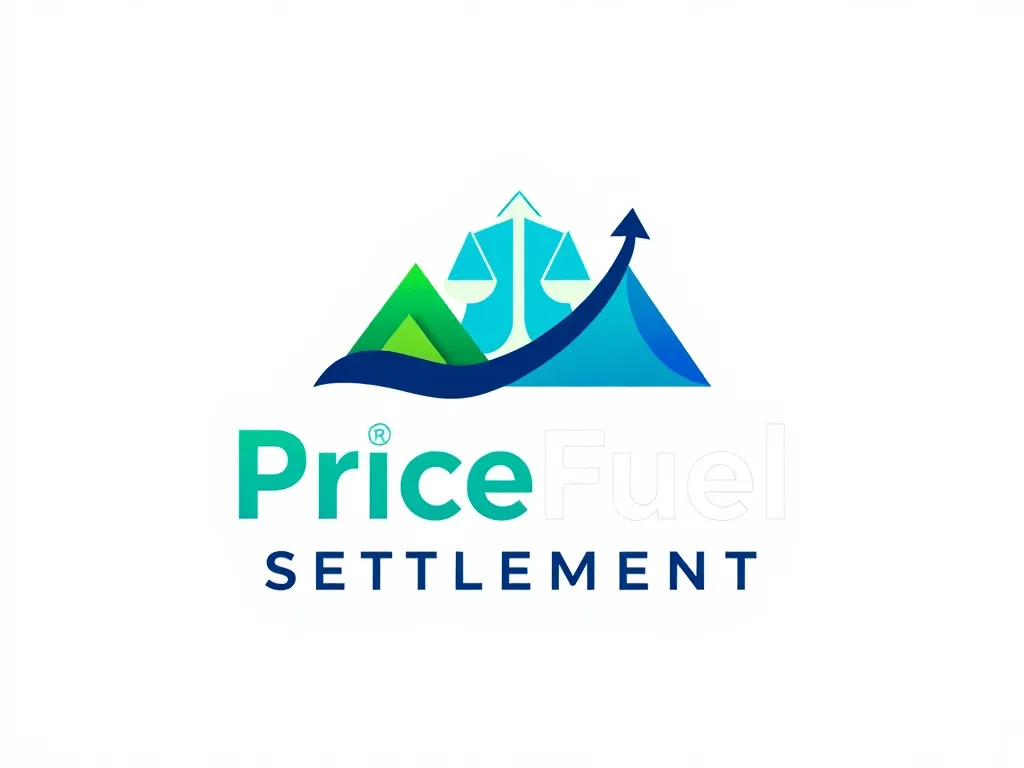Navigating Consumer Compensation in Fuel Price Cases Successfully

Consumer Compensation in Fuel Price Cases
Consumer Compensation in Fuel Price Cases has become a critical issue as fuel prices continue to rise across the globe. The impact of these price increases is felt by every consumer, leading to a demand for accountability and transparency in how fuel pricing is managed. The concept centers around ensuring that consumers are fairly compensated for any unjustified hikes in fuel prices that affect their daily lives and overall financial well-being.
Fuel price fluctuations are often influenced by a variety of factors, including global oil market trends, geopolitical events, and regulatory changes. However, when these price increases are deemed excessive or unjust, it sparks outrage among consumers who feel they are being taken advantage of. Therefore, Consumer Compensation in Fuel Price Cases addresses the need for mechanisms that empower consumers to seek restitution for undue financial burdens imposed by inflated fuel prices.
There is a growing urgency for legislative measures that protect consumers and create pathways for compensation. Various jurisdictions have begun exploring legislation that requires fuel suppliers and retailers to justify price increases, offering consumers the ability to challenge these hikes. Consumer Compensation in Fuel Price Cases is thus not only about financial restitution but also about establishing fair standards for pricing in the fuel industry.
Furthermore, as consumers become more aware of their rights, advocacy from consumer protection organizations has surged. These organizations play a vital role in educating the public about potential compensation avenues and helping them navigate the often complex channels of filing claims. Through their efforts, the need for transparent pricing practices becomes more pronounced, pushing for regulatory reforms that will protect consumers in the long run.
Understanding the intricacies of consumer rights is essential for advocating effective measures for Consumer Compensation protection.
Ultimately, Consumer Compensation in Fuel Price Cases is an evolving field that reflects the balance of power between consumers and fuel providers. As the landscape of fuel pricing continues to shift, the need for robust consumer protections and compensation mechanisms remains paramount. Enhancing consumer rights and accountability within fuel pricing will play a crucial role in fostering trust and fairness in this essential market.
Understanding Consumer Rights in Fuel Pricing
Consumers have fundamental rights when it comes to fuel pricing, including the right to transparent pricing, the right to challenge unjustified increases, and the right to seek compensation for undue burdens. Understanding these rights is key to navigating the complexities of fuel price disputes and ensuring fair treatment by suppliers and retailers.
The impact of fuel price hikes on consumers can be severe, often leading to increased costs for everyday essentials. These hikes not only strain household budgets but can also disproportionately affect low-income communities, who may already be facing financial difficulties. As fuel prices soar, consumers need to be informed about their rights to ensure they are compensated for unjust increases that alter their standard of living.
Legal frameworks supporting consumer compensation vary by region but typically include consumer protection laws and regulations governing fuel pricing. These frameworks are designed to ensure that consumers have the tools necessary to contest unreasonable price increases and seek compensation when appropriate. Awareness and understanding of these legal protections are essential for consumers seeking justice in fuel price cases.
The Claims Process for Fuel Price Compensation
Filing a claim for fuel price compensation involves several steps. First, consumers need to document their fuel purchases and any communications with fuel suppliers regarding price increases. Next, they should formulate a clear and compelling argument for why the price increase was unjustified based on market conditions or other relevant factors. Finally, claims may need to be submitted to regulatory bodies or through legal channels, depending on the nature of the complaint.
Documentation is key to a successful claims process. Consumers should maintain receipts, records of purchases, and any correspondence with fuel providers that relates to the price increases in question. This evidence will support their claims and demonstrate the financial impact of the disputed prices.
Common pitfalls in the claims process include failing to keep comprehensive records, missing deadlines for filing claims, and not fully understanding the legal grounds for contesting a price increase. Consumers must stay organized and informed to navigate the complexities of the claims process effectively.
Types of Compensation Available for Consumers
Direct compensation methods for fuel price increases often involve refunds or rebates provided to consumers who have been overcharged due to unjustified price hikes. These compensation methods may vary by jurisdiction, with some regions enforcing strict regulations on fuel pricing that include mandated refunds for improper increases.
Reimbursement claims also provide a pathway for consumers affected by unjust fuel price hikes. Eligibility often depends on demonstrating that the consumer incurred additional costs due to the price increase. Knowing the criteria for successful reimbursement claims is crucial for those seeking financial restitution.
Alternative compensation mechanisms in fuel price disputes may include mediation or arbitration processes designed to resolve conflicts between consumers and fuel providers without resorting to litigation. These options can be more efficient and cost-effective for all parties involved.
Consumer Advocacy Groups and Fuel Price Issues
Consumer advocacy groups play a vital role in the landscape of consumer compensation for fuel price issues. These organizations work to educate consumers about their rights and the compensation options available to them. They advocate for fair pricing practices and hold fuel providers accountable for unjustified price hikes.
Getting support for claims from advocacy organizations can significantly enhance a consumer's chances of success. These groups often provide resources, guidance, and even legal assistance to help consumers navigate the claims process and articulate their grievances effectively.
Successful advocacy efforts often lead to significant changes in consumer protection laws and regulations related to fuel pricing. Case studies of these efforts illustrate the power of collective action, where consumer voices lead to legislative reforms that strengthen consumer rights and create fairer pricing practices in the fuel industry.
Regulatory Bodies and Fuel Price Monitoring
Regulatory bodies involved in fuel pricing play a crucial role in overseeing the fairness and transparency of fuel pricing mechanisms. These organizations monitor fuel markets, enforce pricing regulations, and ensure that consumers are treated fairly by fuel suppliers and retailers.
Regulations impact consumer compensation by establishing the legal framework within which fuel prices can be set and challenged. Stringent regulations can empower consumers to seek compensation for unjust price increases, while lax oversight may leave them vulnerable to exploitative practices.
Consumer reporting mechanisms for fuel pricing issues allow individuals to report suspicious price increases or practices that violate regulatory standards. These reports can trigger investigations by regulatory authorities and potentially lead to action against non-compliant fuel providers.
